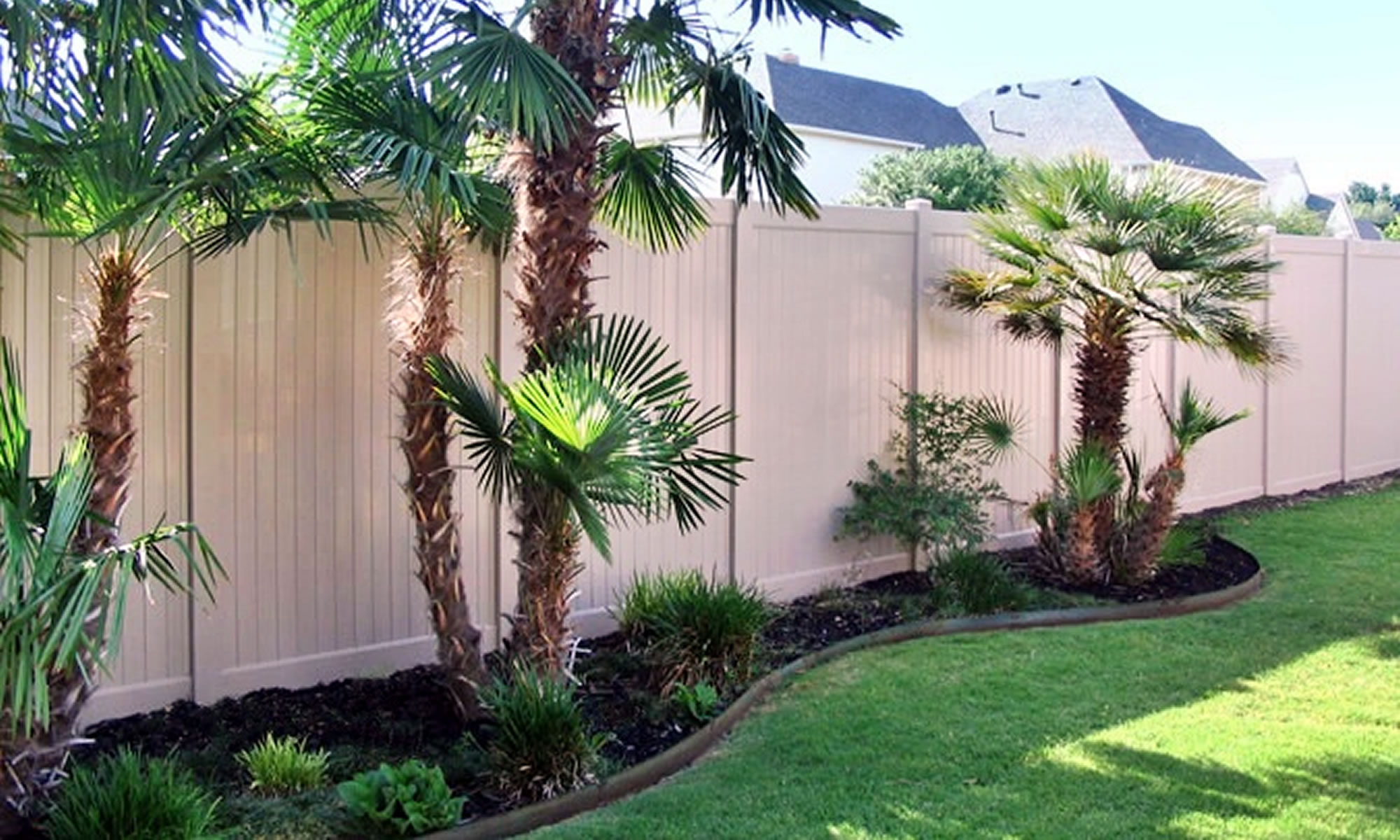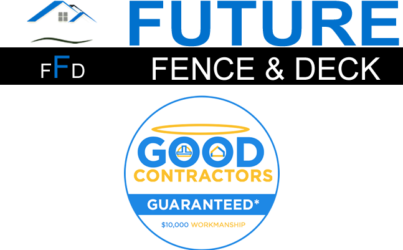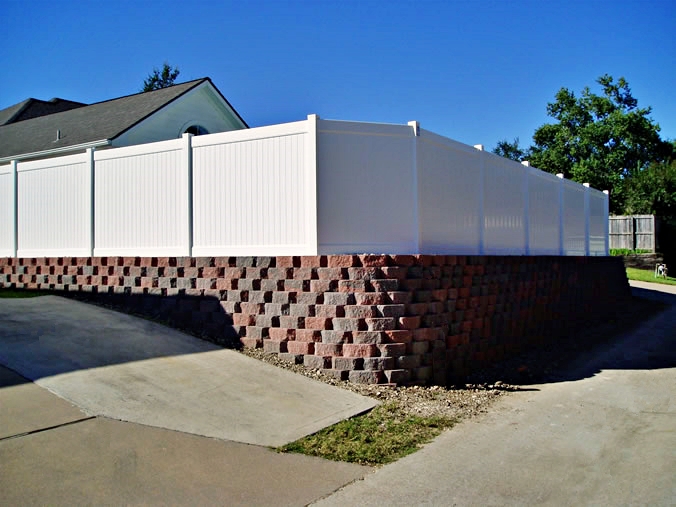The Benefits of Vinyl Fencing
There are many benefits of vinyl fencing, it has an incredible lifespan with proper care. Additionally, it is recognized for its durability and lightweight nature. Learn how to make these benefits work to your advantage and how to Select the Right Material for You.
Impressive Life Span
Vinyl is made from ethylene and chlorine, which combine to form polyvinyl chloride (PVC) resin. This material is very durable and lightweight. Vinyl fences have a long lifespan of about 20 when properly installed and maintained well. With the proper care, they can even last up to 30 years. There are a couple of things that contribute to the life span of a vinyl fence such as sun exposure, damage from impact, the quality of the material, amount of maintenance, and the condition of the surrounding soil. To extend the lifespan preserve the aesthetic appeal, prioritize taking care of your fence, opt for quality materials, and conduct maintenance when necessary.
Eco-Friendly Qualities
Despite being an artificial material, vinyl fencing has some eco-friendly qualities. Firstly, PVC is recyclable because it has the ability to be reused to make other vinyl products. Additionally, vinyl has relatively low volatile organic compounds (VOCs) emissions compared to other materials.
It’s important to note that most fence materials themselves don’t emit VOCs. The treatments, stains, paints, and cleaning products used to preserve their appearance and protect against pests are the ones emitting VOCs. It’s understandable to have concerns about VOCs and their impact on air quality. However, since vinyl is naturally resistant to pests, it doesn’t require these treatments to deter them or to maintain its appearance even after several years.
Impervious to Pests
Vinyl fencing is impervious to pests due to its exceptional durability. Unlike with wooden fences, insets cannot easily chew, scratch, or burrow into vinyl fences. This attribute contributes to the longevity of vinyl fencing.
A Good Choice for All Climates
Vinyl fencing is an excellent choice for any climate. Unlike wooden and iron fences, vinyl fences can withstand various climatic conditions. Wooden fences are prone to rot and warping in humid or rain areas, while iron fences can rust and become difficult to repair. In contrast, neither moisture or dryness affect vinyl fences. They are waterproof and easy to clean without leaving stains or scratches.
There are Two Types of Vinyl Fences
There are two main types of vinyl fences: virgin vinyl and recycled vinyl. Virgin vinyl, which is the more common of the two, is made from PVC, polypropylene, nylon, and polythene. Recycled vinyl, on the other hand, comes from recycled plastics and is typically lower quality than virgin vinyl.
Has a Self-Extinguishing Property
Vinyl fences possess a unique self-extinguishing property, it has an ignition temperature of 734 degrees Fahrenheit. While vinyl can burn when exposed to flame, it does not sustain combustion. If you were to remove the flame, the fence with self-extinguish. This feature provides safety benefits during activities such as summertime barbecues and backyard firework shows.
Vinyl is Strong
Vinyl has many great qualities contributing to its overall strength, making it an excellent choice for a durable and resilient fence. It can also withstand considerable force before breaking. Its slight flexibility provides an advantage, as it can often bend without breaking during high winds or natural disasters.
References
MillsFenceCo. 4 little-known facts about vinyl fencing. Mills Fence Co.


